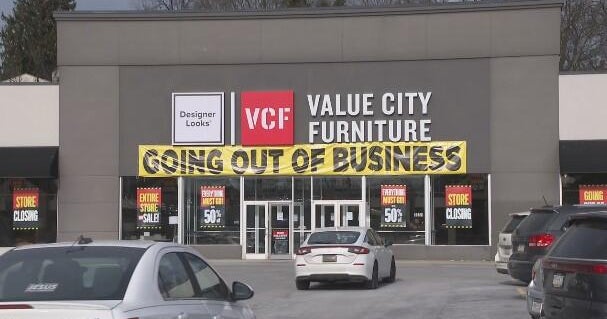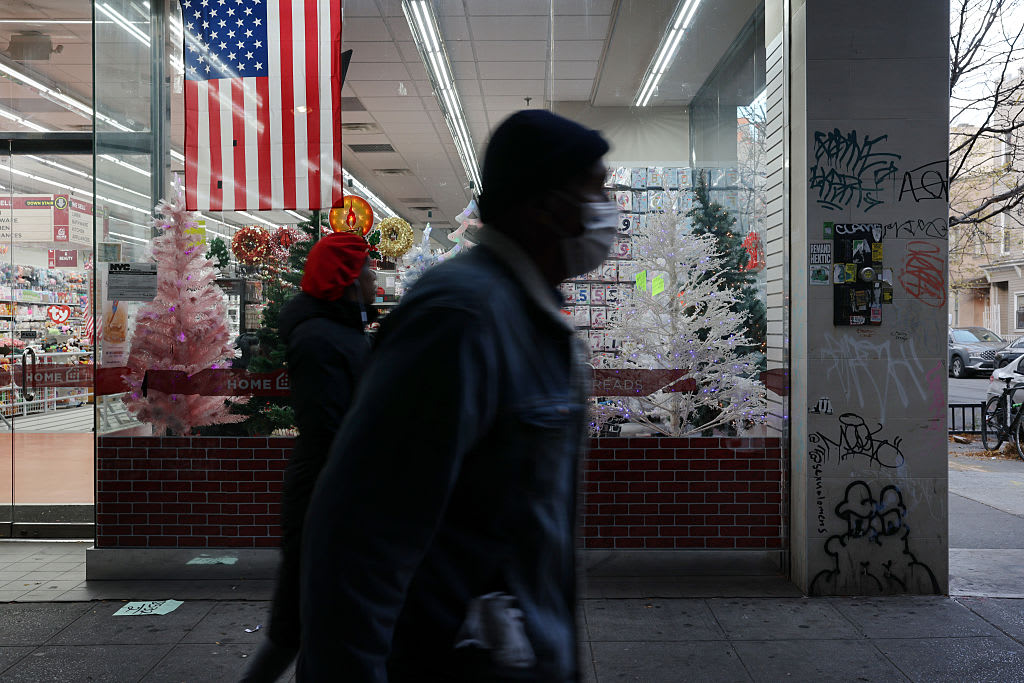In-store mini farms could change how we eat
Andrew Carter and Adam DeMartino want to revolutionize the way we eat by installing compact farms in restaurants and grocery stores across the country. Their goal is to distribute fresh produce on-site and at scale.
Cognizant of the physical limitations of traditional farming, the former college roommates married their backgrounds in indoor agriculture and business to find a way to make farming infinitely scalable, accessible and affordable. The answer? Smallhold, New York City's first and only remotely operated mushroom farm.
Founded in 2017, Smallhold places proprietary mini-farms in restaurants and grocery stores, allowing subscribers to grow fresh produce in their aisles or kitchens and deliver it directly to customers.
No farming knowledge is required -- the company operates the units using remote technology.
A farm in your grocery store
The mini-farms -- which have been shrunk to the size of a shelving unit -- produce between 20 and 120 pounds of mushrooms per week, allowing growers to pay for the system by selling excess produce to other businesses.
"When we went into this, we didn't want to just start a mushroom farm, we wanted to start a farm that impacted people's eating habits and was inherently a business that took care of the things around it," Carter told CBS MoneyWatch. "We can provide the unit and service to someone who isn't even near us, and they can create their own business out of it."
Smallhold's system grows produce that is traceable -- and also "literally, the best quality mushroom you can get," according to DeMartino.
It's true that tasting produce harvested minutes earlier can be life-changing, and Smallhold is also shifting the nature of distribution and consumption.
"Most people receive food three, four days if not weeks, after it's harvested. And once someone tastes something that's been harvested within hours, it's just a whole different experience for them," Carter said.
"Produce can be harvested right there and then put right on the shelf for anyone to enjoy -- and cook right there," he added.
Mushrooms instead of meat
Mushrooms were a natural stating point for Smallhold, according to the founders, who recognized the fungi's growing popularity as an alternative to meat.
"There is an increase in demand for local and hyper-local food, and we couldn't really find anyone trying to do mushrooms," Carter said. "At the same time, there was this massive increase in food as medicine and using mushrooms as a replacement for meat."
They're not stopping at mushrooms, though. The duo plans on scanning store aisles to swap out dead vegetables for farm-fresh goods.
"We have literally the technology to farm inside of a grocery store. Why wouldn't we just start slowly moving up the produce aisle, letting people harvest fresh produce, timing that appropriately?" DeMartino said.
Whole Foods and Bunker Vietnamese in Brooklyn, and Mission Chinese Food in Manhattan each have their own Smallhold mushroom farms -- and many more installations are planned. Said Carter: "It's the future of farm-to-table for everyone to enjoy."





